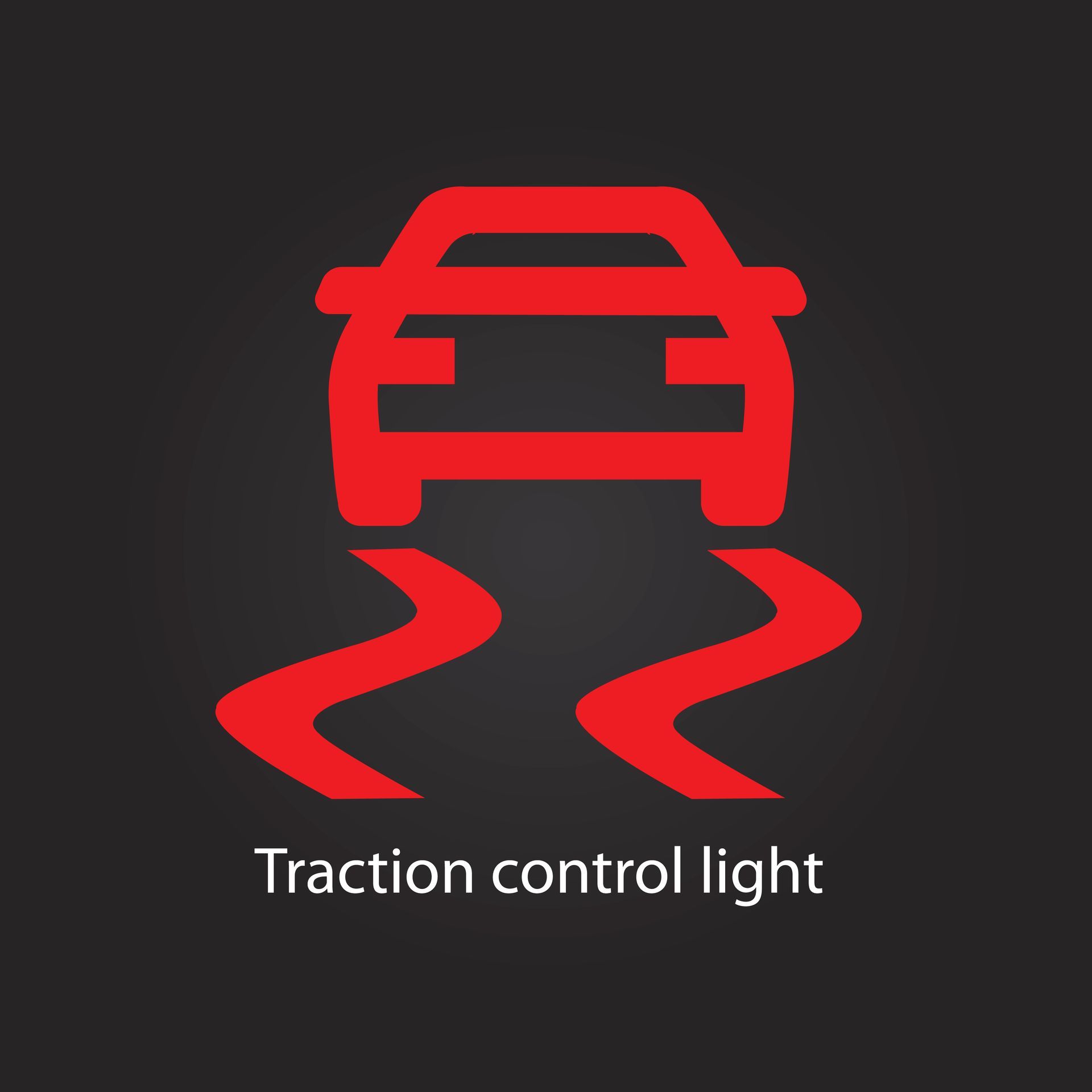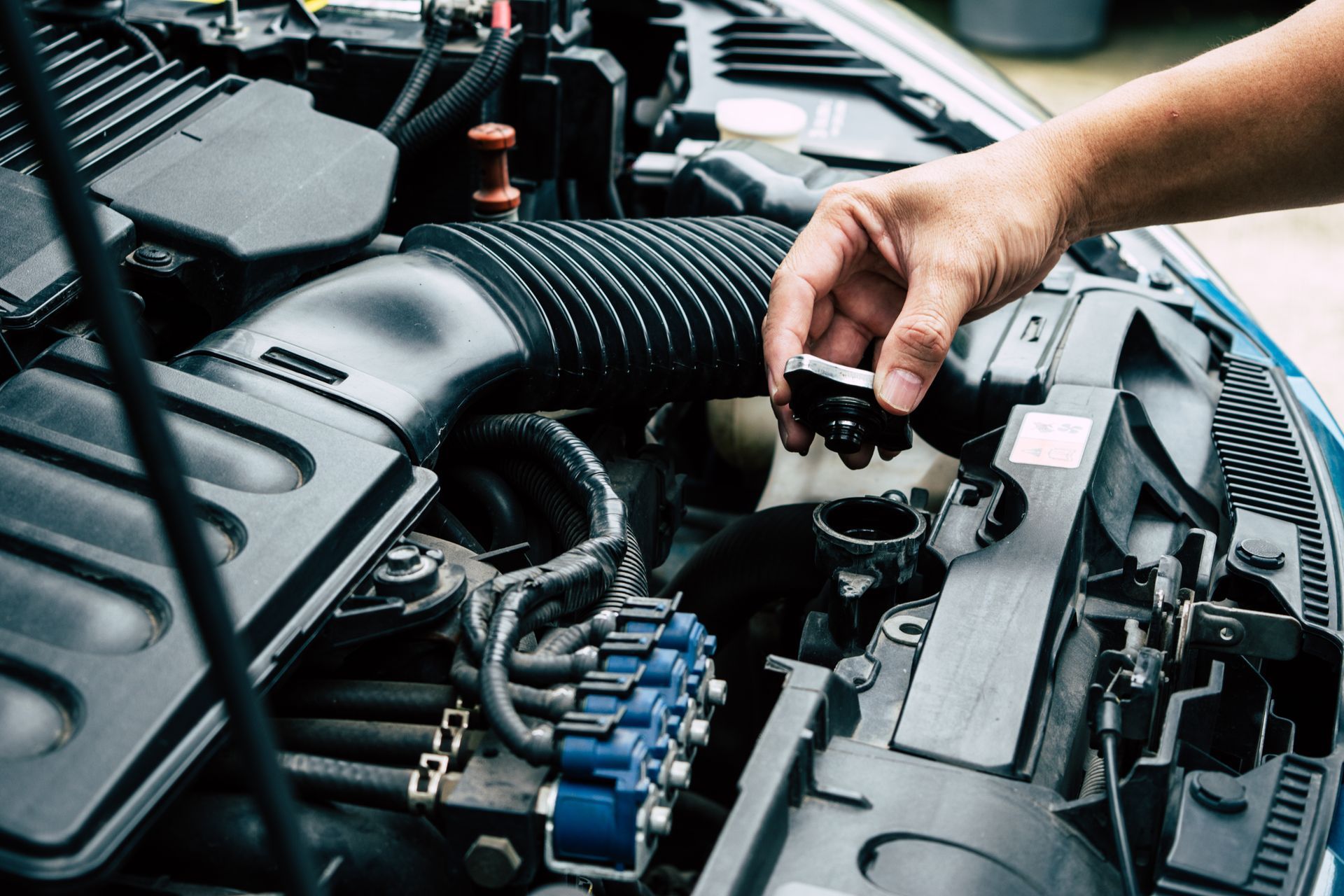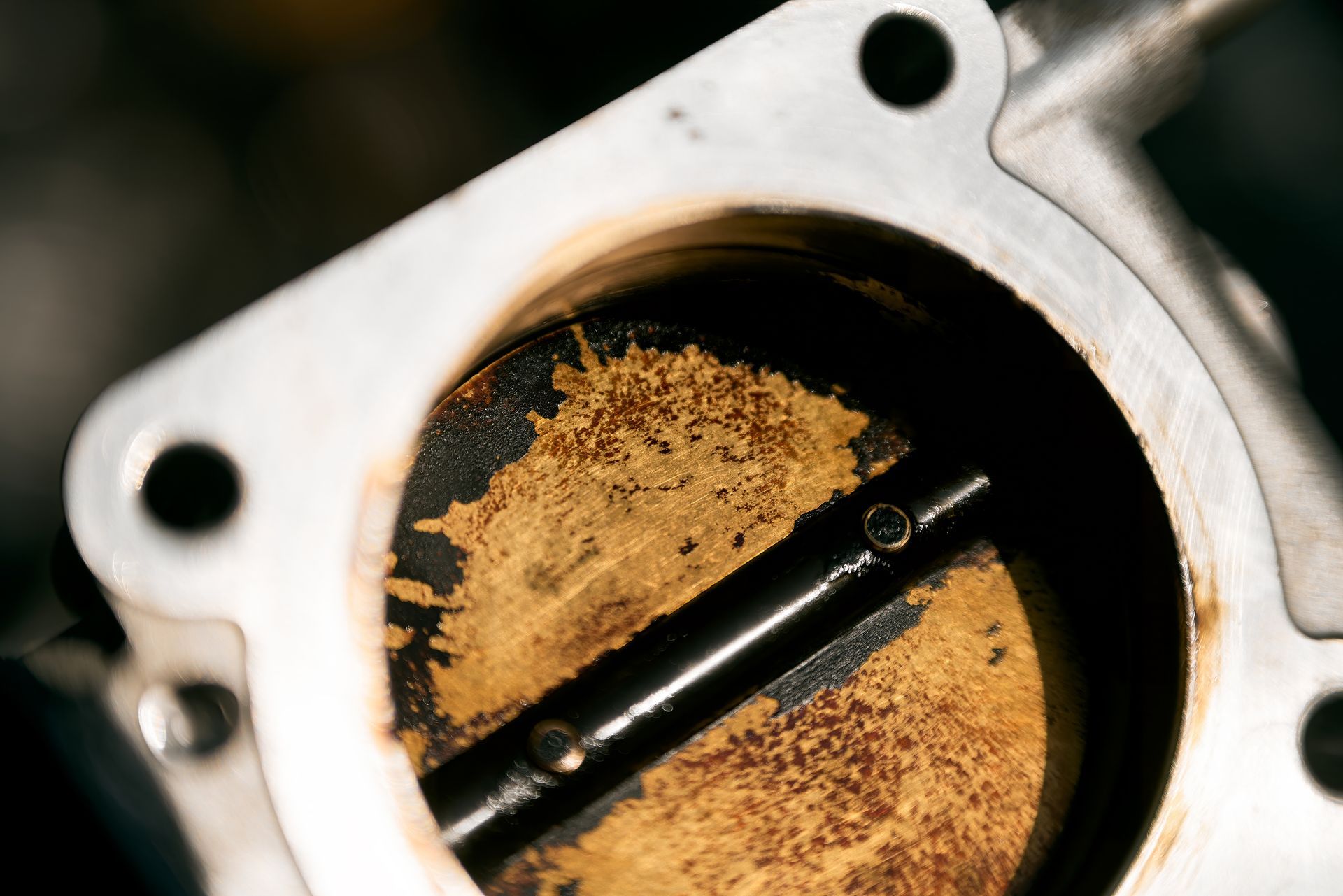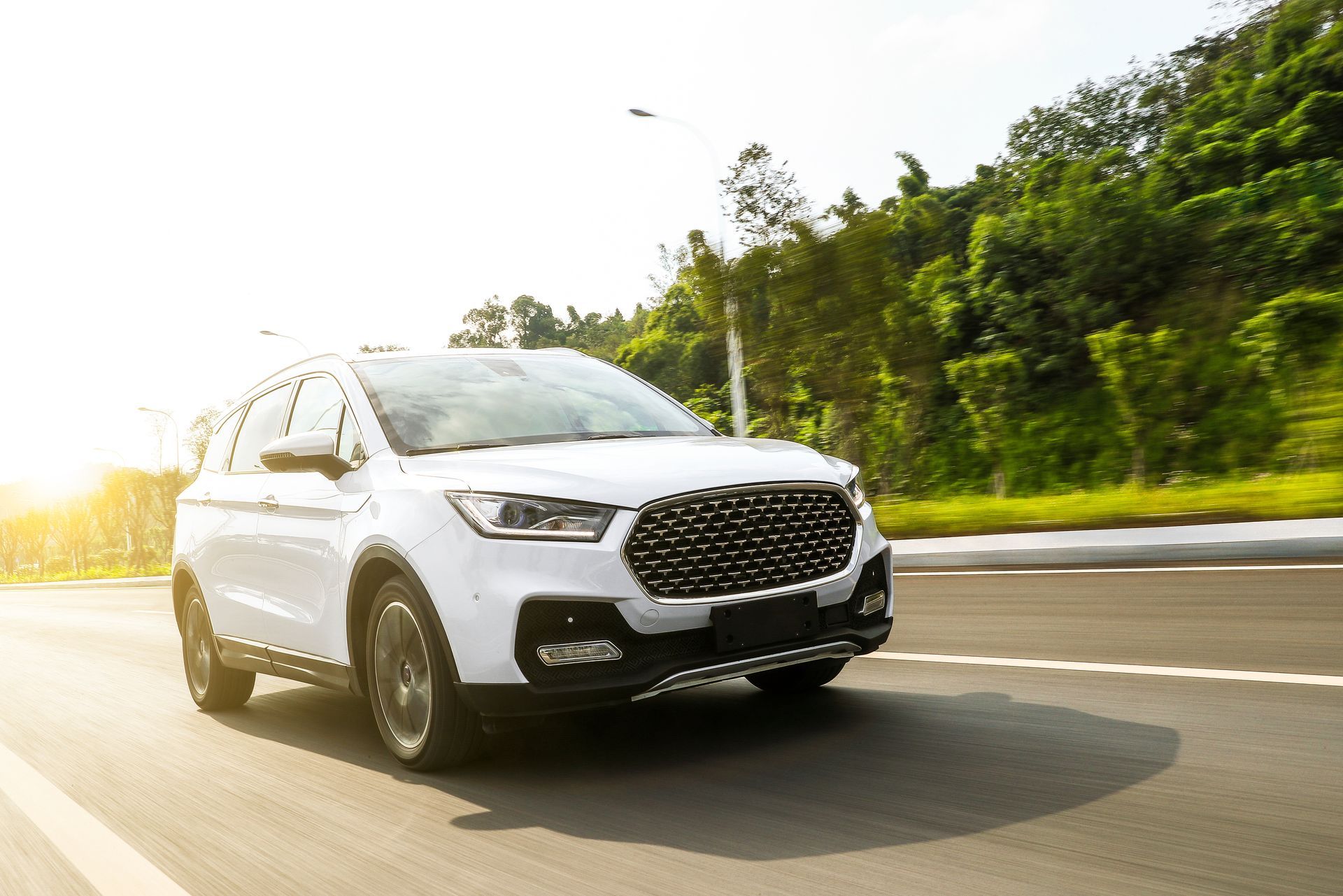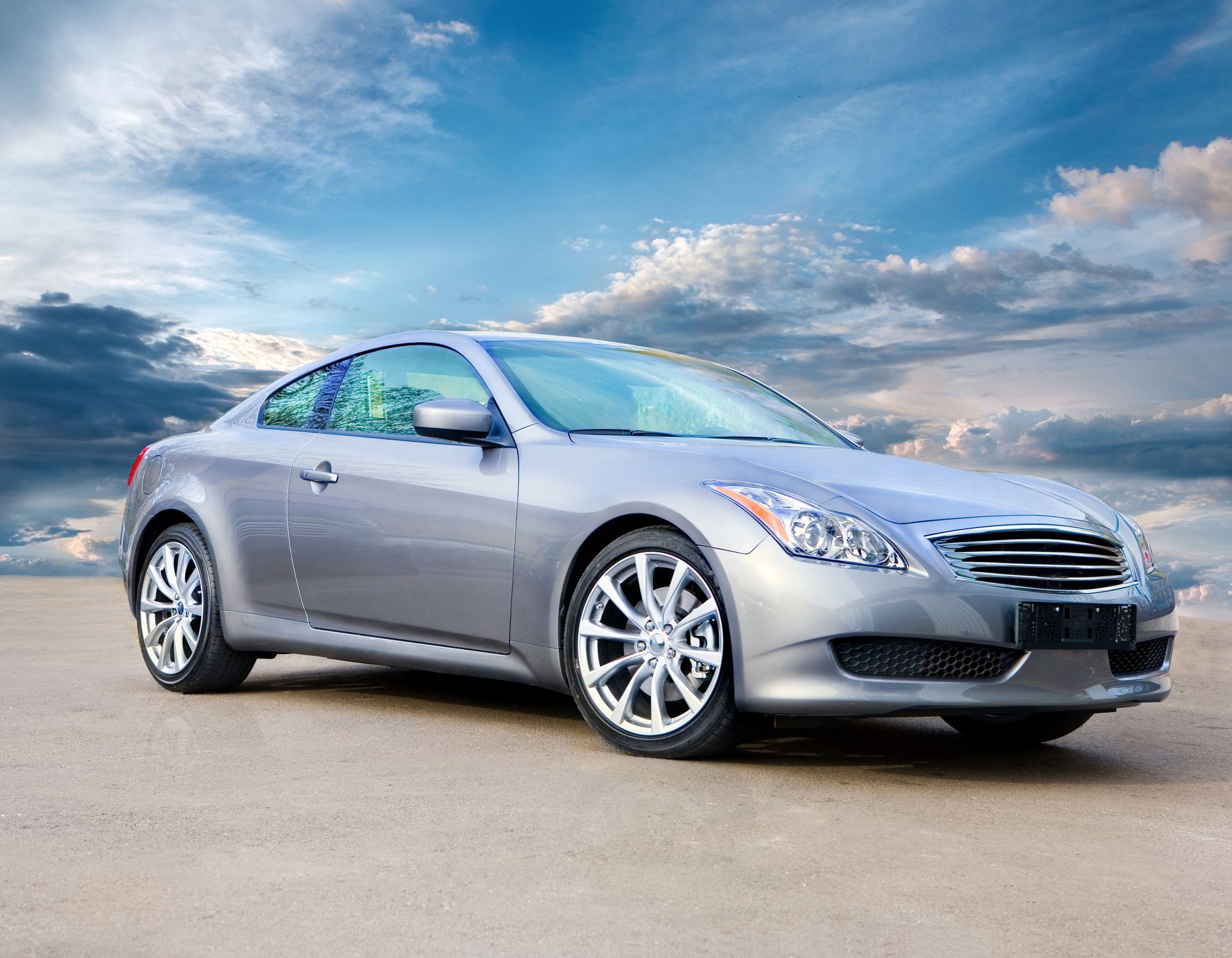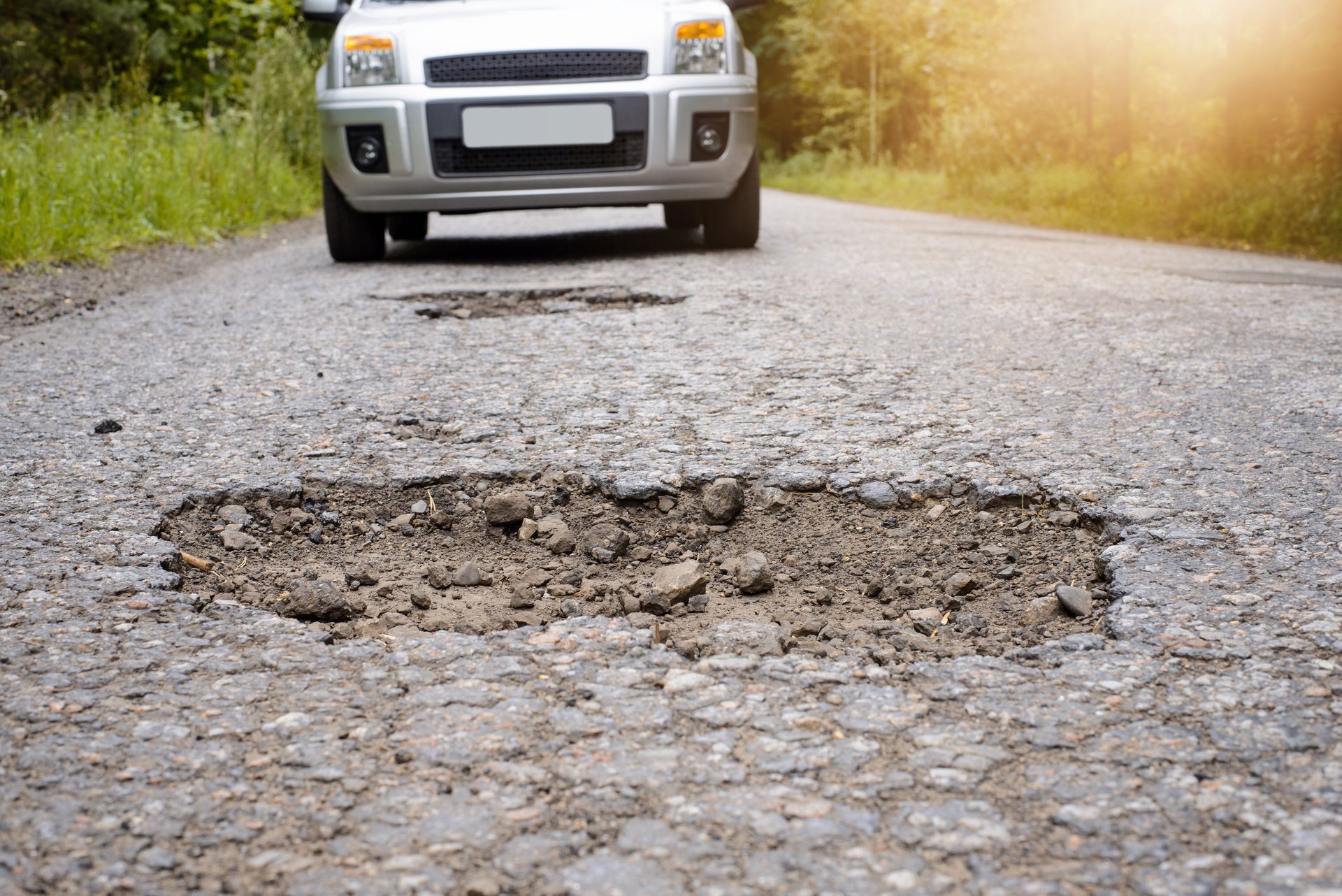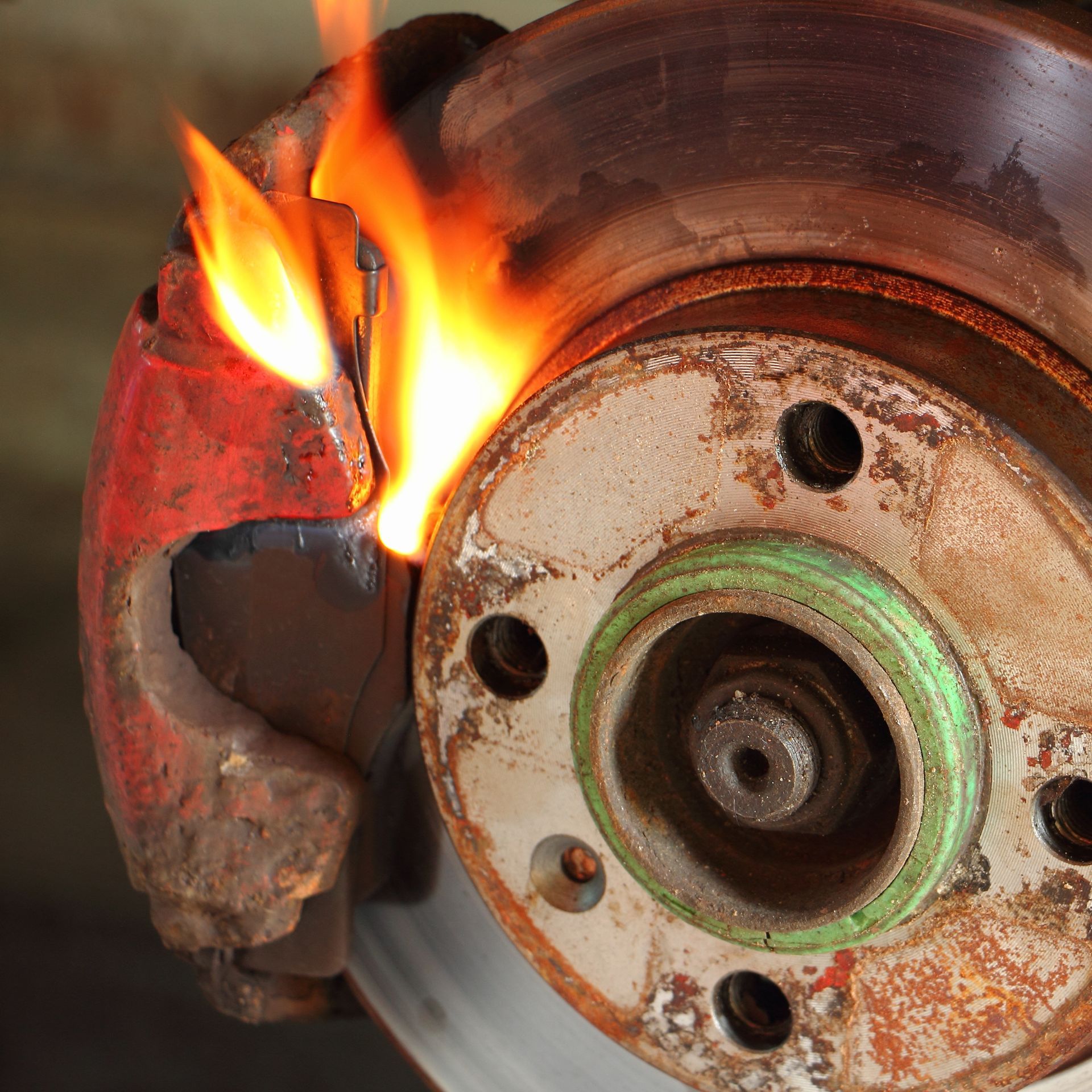Congratulations on your new (or new-to-you) car! Whether you've just driven off the dealership lot or found the perfect pre-owned vehicle, there are several important steps you should take after purchasing a car to ensure a smooth ownership experience. From paperwork to maintenance, here are seven things you should do after buying a used or new car.
1. Familiarize Yourself with the Owner's Manual
Your car's owner's manual is your ultimate guide to understanding its features, maintenance requirements, and troubleshooting tips. Take the time to read through it thoroughly, paying close attention to sections on recommended maintenance schedules, warning lights, and fluid specifications.
2. Inspect the Vehicle Thoroughly
Whether you bought a new or used car, it's essential to inspect it thoroughly for any issues or damage. Check the exterior and interior for scratches, dents, or signs of wear and tear. Test all the lights, signals, and electronics to ensure they're functioning correctly. If you purchased a used car, consider having it inspected by a trusted mechanic to identify any hidden problems before they become major headaches.
3. Complete the Registration and Title Transfer
If you bought your car from a dealership, they will likely handle the registration and title transfer paperwork for you. If you purchased it from a private seller, you'll need to visit your local Department of Motor Vehicles (DMV) to complete these tasks yourself. Be sure to bring all necessary documents, including the bill of sale, vehicle title, and proof of insurance, to expedite the process.
4. Set Up Regular Maintenance Reminders
Proper maintenance is key to keeping your car running smoothly and prolonging its lifespan. Set up reminders for routine maintenance tasks such as oil changes, tire rotations, and brake inspections to ensure you stay on top of your vehicle's needs. Many smartphone apps and online tools help you conveniently track maintenance schedules and service history.
5. Review Your Insurance Coverage
Now that you're the proud owner of a new car, it's essential to review your insurance coverage to ensure it meets your needs. Contact your insurance provider to update your policy with information about your new vehicle, including its make, model, and VIN (Vehicle Identification Number). Consider exploring additional coverage options such as comprehensive and collision insurance for added peace of mind.
6. Invest in Necessary Accessories or Upgrades
Depending on your preferences and driving habits, you may want to invest in accessories or upgrades to enhance your car's comfort, convenience, or performance. Whether it's all-weather floor mats, a roof rack for outdoor adventures, or a high-quality sound system for road trips, there are countless options available to personalize your driving experience.
7. Keep Up with Regular Cleaning and Maintenance
Maintaining a clean and well-maintained car enhances its appearance and preserves its value and longevity. Make it a habit to wash and wax your car regularly to protect the paint and finish from environmental damage.
Additionally, schedule regular maintenance appointments to address any issues promptly and keep your vehicle running smoothly for years to come.
Key Considerations When Buying A Car
Thorough Research
Before making any decisions, conduct thorough research on the make and model of the car you're interested in. Compare prices, read reviews, and consider factors like fuel efficiency and safety features.
Beware of Hidden Fees
When negotiating the price, watch out for hidden fees and add-ons that dealerships may include. Review the final purchase agreement carefully and ask about any additional charges.
Inspect the Vehicle
Whether new or used, thoroughly inspect the car for defects or damage. Test drive it under various conditions and consider hiring a mechanic for a pre-purchase inspection.
Verify the Vehicle's History
Obtain a vehicle history report to check for past accidents or title issues. Ensure that the VIN matches the documents.
If you want to check-up on your new ride, the Mountain Tech Inc. team is more than happy to help - from an oil change to transmission diagnostics, we do it all!



